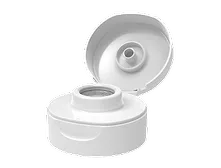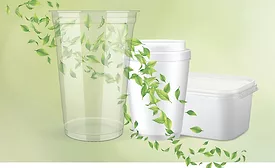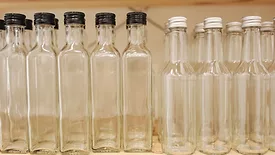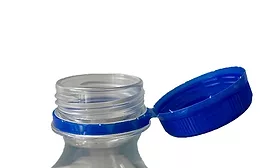Packaging Material
Packaging Materials
Sustainable attributes drive adoption of aluminum cans from beverage-makers
Suppliers innovate to make aluminum cans a solution in more beverage categories
February 17, 2022
Cover Feature
Beverage supply chains, consumer trends continue to evolve as pandemic continues
eCommerce’s market share for beverage alcohol projected to grow through 2025
February 1, 2022
Packaging Materials
Shrink, stretch labels helps brands stand out from the crowd
Pandemic supply chain woes affect labeling materials market
January 24, 2022
The Best Beverage Packages of 2021
Honorees highlight trends in seasonality, sensory and sustainability
November 22, 2021
Elevate your expertise in the beverage marketplace with unparalleled insights and connections.
Join thousands of beverage professionals today. Shouldn’t you know what they know?
JOIN NOW!Copyright ©2026. All Rights Reserved BNP Media.
Design, CMS, Hosting & Web Development :: ePublishing











